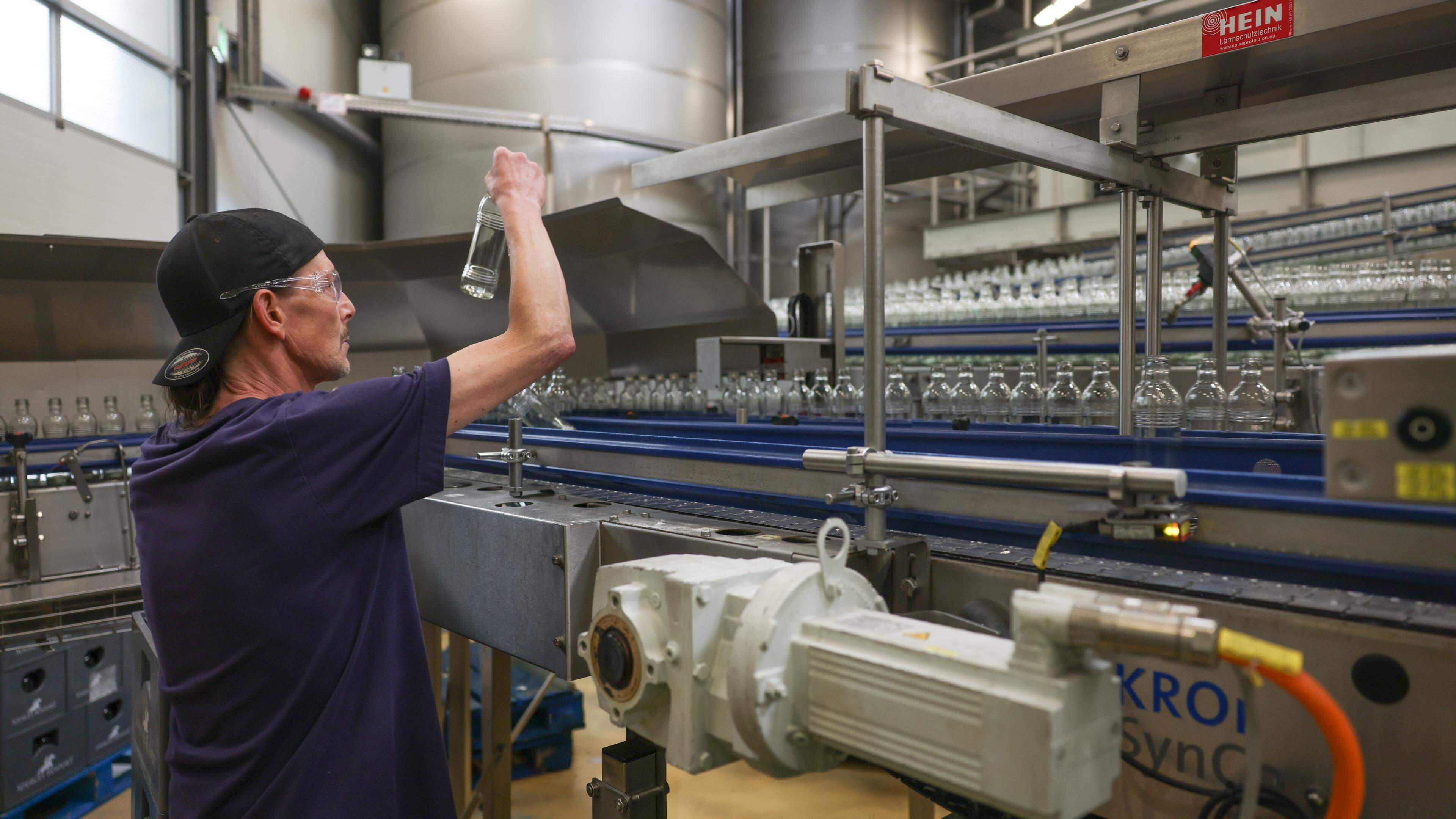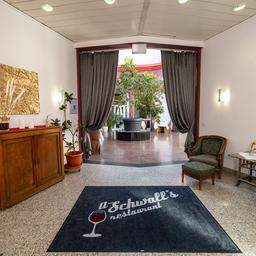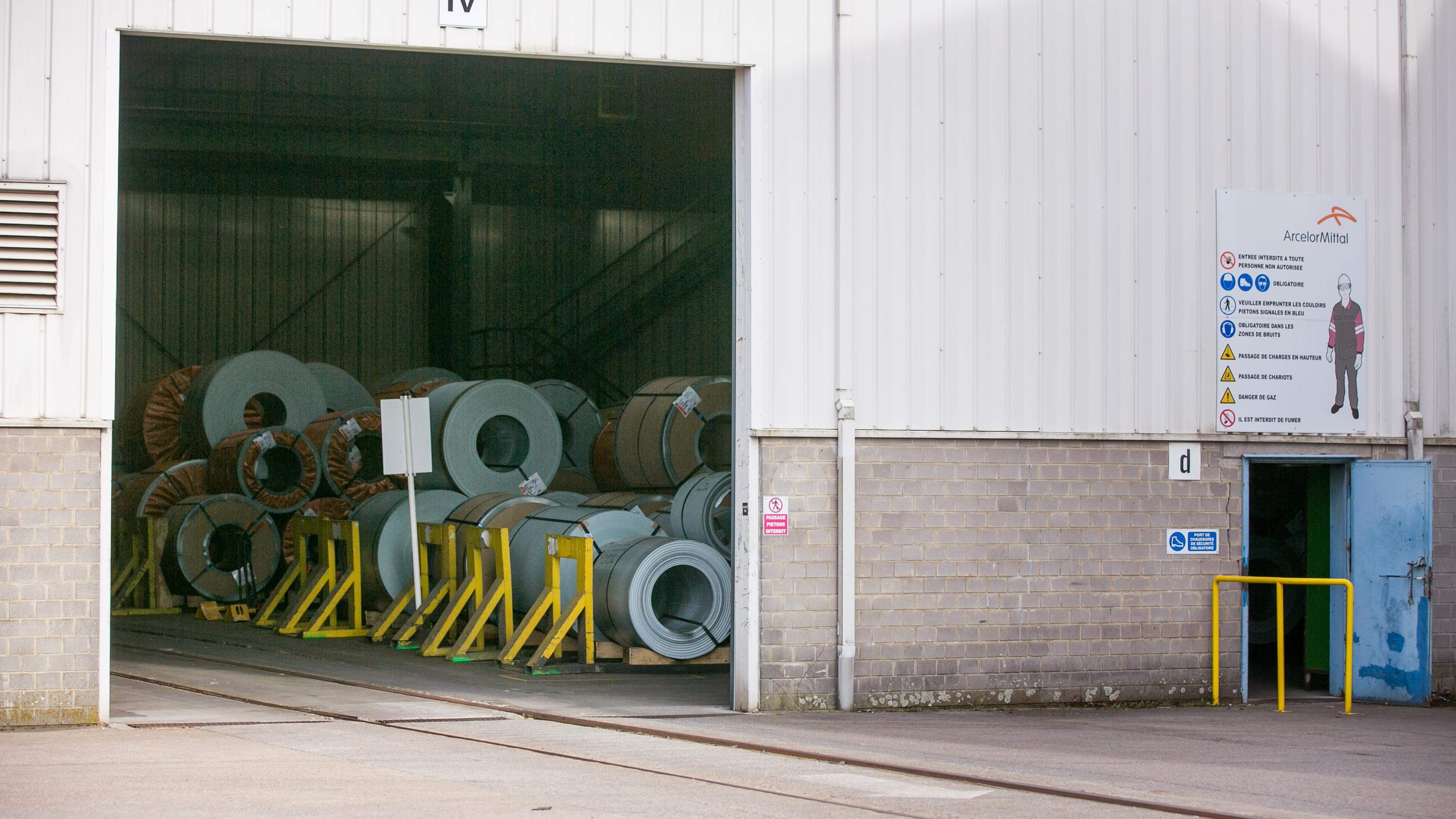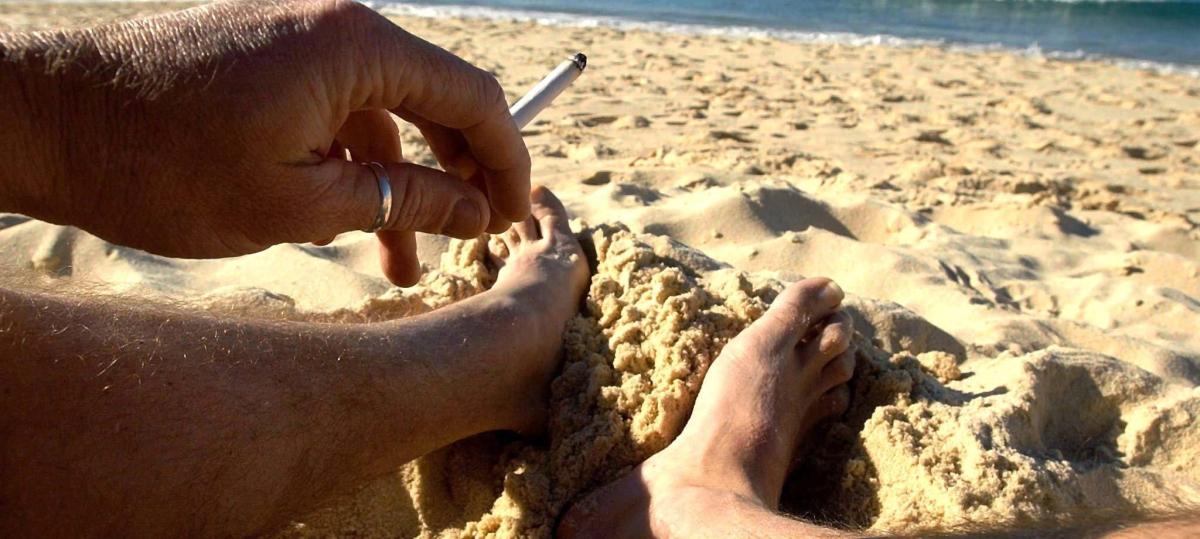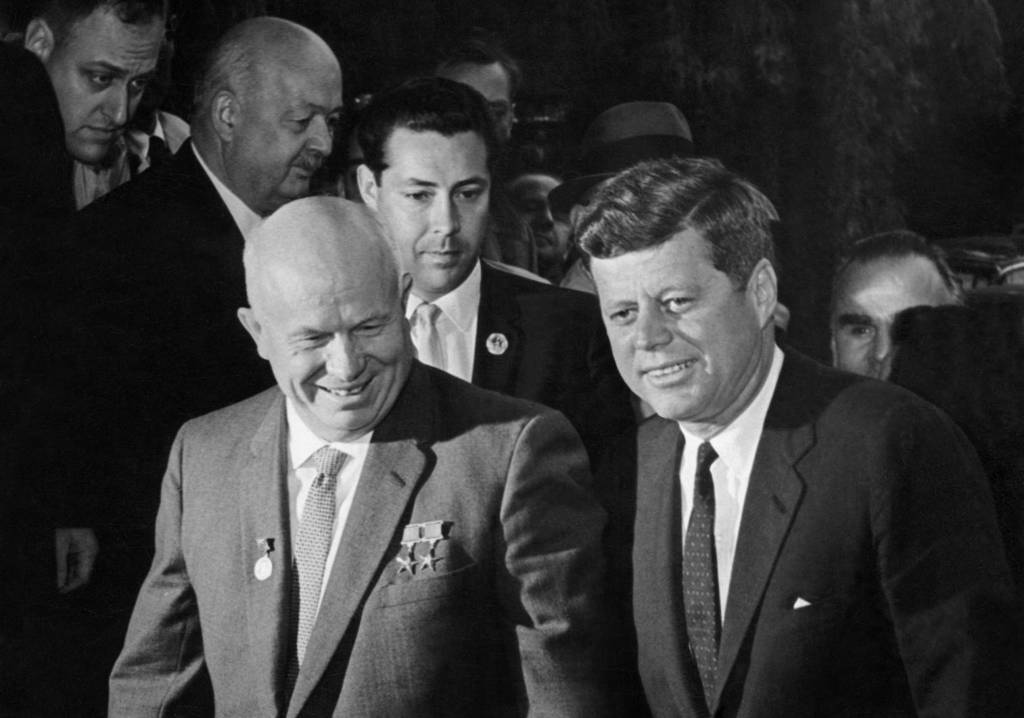EU Parliament votes for less bureaucracy in imports
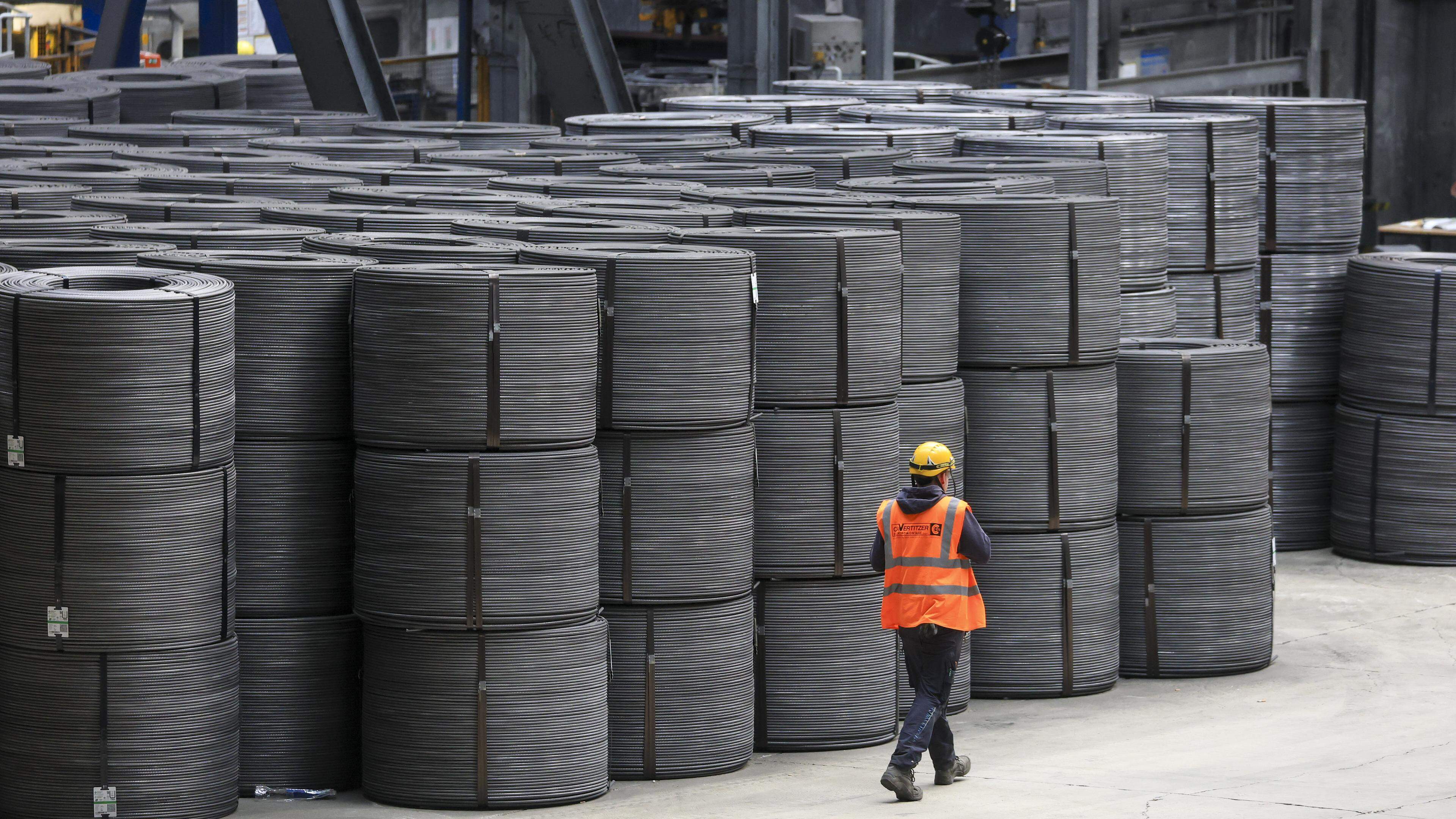
The EU Parliament wants to reduce the bureaucratic effort for the import of energy-intensive goods such as steel and fertilizer. The deputies voted in Brussels to change the so-called CO₂ border compensation system (CBAM). It is said to protect local companies from importing cheap energy -intensive goods, for which fewer strict climate specifications apply in the country of origin.
According to Parliament, the mechanism should only apply to large importers, which means that a number of companies are freed from the associated reporting obligations. Member States still have to agree to the change. CBAM should come into force in the coming year.
50 tons instead of 150 euros as threshold
The mechanism is a kind of CO₂ custom: On the one hand, it is intended to prevent manufacturers from migration abroad. On the other hand, he should protect local companies from cheap imports and make it attractive for foreign manufacturers to produce climate -friendly. The measures are part of the EU project Omnibus, which is supposed to reduce bureaucracy.
So far, for imports of iron, steel, fertilizer, aluminum or cement from a value of 150 euros, this threshold should be 50 tons in the future. According to the parliament, around 90 percent of importers are freed, especially individuals, small and medium -sized companies. At the same time, 99 percent of CO₂ emissions would be recorded.

